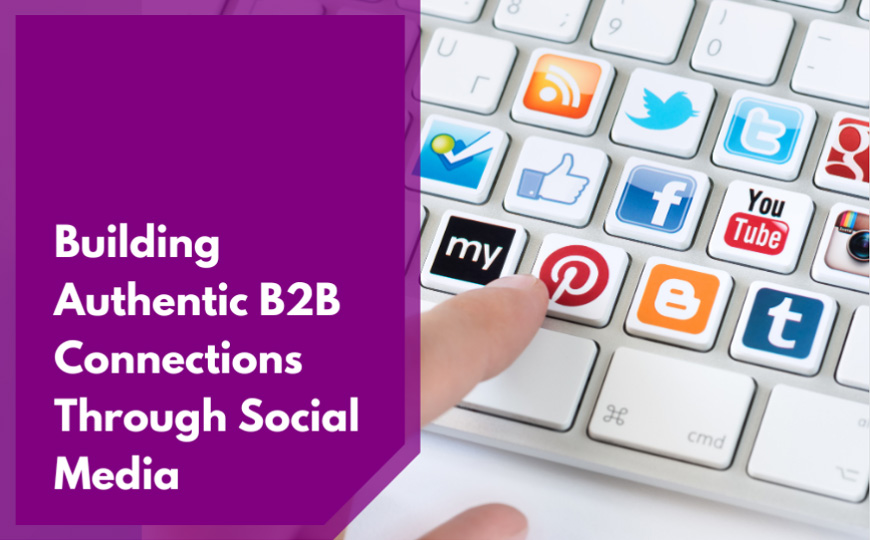More and more people are using social media as a go-to source for purchase decisions. Whether it is referrals, recommendations and reviews, or product/service research, social media is having a direct affect on consumer behavior. A recent report from Deloitte shows nearly one in three U.S. consumers are influenced by social media in their purchases. The report also noted that consumers who use social media during their shopping process are four times more likely to spend more on purchases than those who do not. Are you starting to understand why it’s so important to have social media platforms not only in place but active and alive?
Need a little more convincing? Social Media Today published an infographic with some very telling information around how social media influences purchase decisions. The infographic reveals that 78% of survey respondents admit that companies’ social media posts impact their purchases. As the head of marketing, it’s your responsibility to make sure that those interactions are positive.
Common Mistakes
Posting content on your social media platforms that is simply promotional in nature is one of the most common and deadliest mistakes that companies make with their social media efforts. Content should be informative, educational, humorous, and add value for the reader. When content is constantly self-promotional your audience will tune out and stop visiting your social pages.
Another common mistake is inconsistency in marketing tone and message across mediums. If the TV and print ads you are running are authoritative, yet optimistic, your social media posts should never be passive and negative. Similarly, your offline and online messages should be in alignment. After all, both should be built to support the same overall business goals, and in a cohesive and additive way.
Establishing Your Policies and Best Practices
Now that you’re on board, let’s move on to discuss the best practices for social media participation across platforms. Did you know that all personal social media accounts that identify employees as working at your organization are viewed as an official voice of the business and everything you or your employees post has the potential to reflect on the company and its image? That’s why it is important your policy make it clear that all corporate social media activities, including account set-up and content creation, must be cleared through your company’s established communications clearance channels. Putting it in writing will help clear up any confusion and ensure tight brand standards.
What happens if your employee, who has identified him/herself as associated with your company, posts something that is controversial, derogatory and degrading to your brand? If you haven’t made it clear that any and all personal blogs and other personal posts must contain disclaimers that make it clear that the opinions expressed are solely those of the author and do not represent the views of the company you’re running the risk of being associated with those negative posts.
Let’s Get Started
These are all reasons why it is so important for companies to spend quality time putting together a social media best practices and guide. But how do you get started? Start with your company handbook and code of conduct and see what can transfer over into social media. We also have a great resource for you. Our Social Media Best Practices and Guide eBook will take you on a platform-by-platform journey to outline the best practices to consider when building your companies social media policies.
This guide offers a framework of ideas intended to be used by Marketing Executives within an organization to better develop companywide social media policies. It’s important to have a guide in place because sometimes people forget that what they say online is just as powerful as if they had said it in person. Making sure that your brand image and reputation is consistent across all marketing mediums is extremely important.





